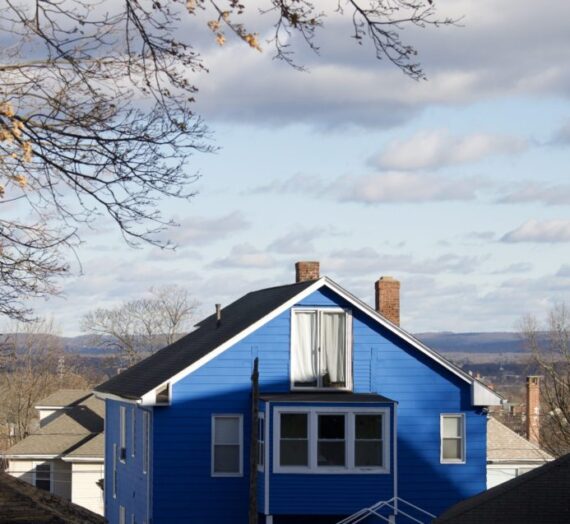 The Hartford Board of Education was not suggesting a leadership change or closure, said outgoing Superintendent Dr. Christina Kishimoto at a BOE meeting in January. At the time, she reassured everyone that the schools accepted into the Commissioner’s Network would not experience the rushed overhaul that was witnessed at the Milner School a few years back. Parents and the community were told that they would be able to examine a number of school models that could be replicated; those schools could include ones within the district. Kishimoto herself cited Betances as an example of a school with a model that could be followed elsewhere.
The Hartford Board of Education was not suggesting a leadership change or closure, said outgoing Superintendent Dr. Christina Kishimoto at a BOE meeting in January. At the time, she reassured everyone that the schools accepted into the Commissioner’s Network would not experience the rushed overhaul that was witnessed at the Milner School a few years back. Parents and the community were told that they would be able to examine a number of school models that could be replicated; those schools could include ones within the district. Kishimoto herself cited Betances as an example of a school with a model that could be followed elsewhere.
Now, the Clark School community says that the Connecticut State Board of Education has served them up with an ultimatum.
At the end of February, the turnaround committee for the Clark School, which includes parents, teachers, and administrators, flew to Washington D.C. to look at the Friendship School model. Hartford Rising!, a group that evolved out of Clark Rising, claims that State Department of Education representative Andrew Ferguson and Hartford Board of Education representative Oliver Barton have told parents that the turnaround committee would not be investigating any other models. Shonta Browdy of Hartford Rising! says parents had been told “either they would approve the Friendship model or all educational funding would be denied.”

On Friday, Hartford Rising! spoke to the press in front of Clark School about this situation, announcing that PTO President and Vice President Lakeisha McFarland and Mille Soto have retained an attorney in hopes of mediation after what Browdy described as a “breakdown in communications with the State Board of Education.”
Attorney Michael Fryar said that they wish to avoid litigation.
Leading up to this standstill, parents were spoken to in “eduspeak” according to Fryar.
AJ Johnson, a pastor and community member, said he continually hears of people’s rights being violated. “This community knows,” he said, that “this is wrong.”
Hartford Rising! identified the process deadlines as being arbitrary and rushed. Johnson urged for the community to have “due process.”
Juanita Ortiz, a parent, said that they were here to demand “more time as we consider what is best for our children.” She said that “the decision we have to make must be well-thought-out and planned.”

Standing with the Clark School community, Giselle Jacobs said that it is important for parents and community to have “a voice and a choice” in the schools.

The parents, often portrayed as absent from their children’s education, have, according to BOE member Robert Cotto, been asking for help for years.
Susan Fuchs, a special education teacher at Clark, said that teachers have long been advocating for what “the district has not provided,” including toilet paper for “the little girls’ room.”

“Parents have seen it,” Fryar said, as programs have been removed from the Clark School. He stated that there is no library. There is one gym teacher. Extracurriculars have been cut.
“It was the Board of Education,” he said, that “has continually cut funding, continually cut programming.”

Now, he said, the school turnaround committee has been stuck with an “unreasonable time limit” in which to pick a model, with now what appears to be a threat to lose funding if the Friendship School model is not selected.
“To withdraw funding if we choose something else is criminal,” said Juanita Ortiz..
The fight for self-determination is not a new one for Clark School parents and community. In November, they fended off the attempt to give the school over to Achievement First. At the time, parents were vocal about their right to have a say in what happens to the school. “It has to come from the people here” at Clark, Cotto said, to decide the future of the school.

The next talk between the turnaround committee and SDE is planned at the Clark School for 12:30 on Tuesday, March 18th. We were told that these are open to the public, but folks should check in at the office.

